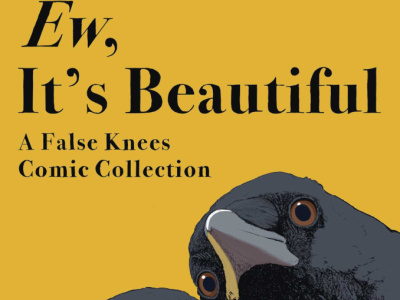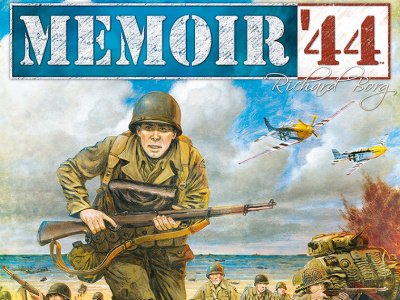The United States Supreme Court today struck down a California law forbidding the sale of violent video games to minors in a 7-2 decision that was based on free speech considerations. Justice Antonin Scalia, who was writing for five justices in the majority, stated: “Like the protected books, plays and movies that preceded them, video games communicate ideas — and even social messages — through many familiar literary devices (such as characters, dialogue, plot and music) and through features distinctive to the medium (such as the player’s interaction with the virtual world).wrote. That suffices to confer First Amendment protection.”
The Comic Book Legal Defense Fund had joined the case by filing an amicus curiae brief that called attention to the similarities of the California video game law and attempts to censor comic books in the 1950s (see “CBLDF Joins Video Game Case”) and Justice Scalia cited the CBLDF's brief and its description of how comic books were blamed for rising juvenile crime rates (The Supreme Court’s opinion can be read here). The California law would have imposed fines of $1000 on stores that sold violent video games to anyone under 18. It defined violent video games very broadly as any game “in which the range of options available to a player includes killing, maiming, dismembering, or sexually assaulting the image of a human being” in a way that was “patently offensive,” or appealed to a minor’s deviant or morbid interest or could be construed as lacking “serious literary, artistic, or scientific value” (see “Oral Arguments on Video Games”).
According to the New York Times, Scalia cited Grimm’s Fairy Tales in his decision, noting the folktales are “grim indeed” and recounting the plots of Snow White, Cinderella, and Hansel and Gretel, while pointing out that High School reading lists and Saturday morning cartoons are also filled with examples of violent behavior.
But the 7-2 decision is not as rock solid as it might appear. Two justices, Samuel A. Alito and Chief Justice John Roberts declined to sign on to the majority opinion, although they did vote with the majority. In a separate opinion Alito noted that the California law was too vague, but that a more carefully crafted piece of legislation could pass Constitutional scrutiny. Alito based his argument on his conclusion that video games are very different from other media and therefore are not necessarily entitled to the same Constitutional protections.
Justice Clarence Thomas voted in the minority because he does not feel that the Constitution provides any free speech rights to minors. The other dissenter, Justice Stephen Breyer found sufficient grounds in studies of the effects of playing violent video games on the behavior of children and adolescents to justify the California law.








